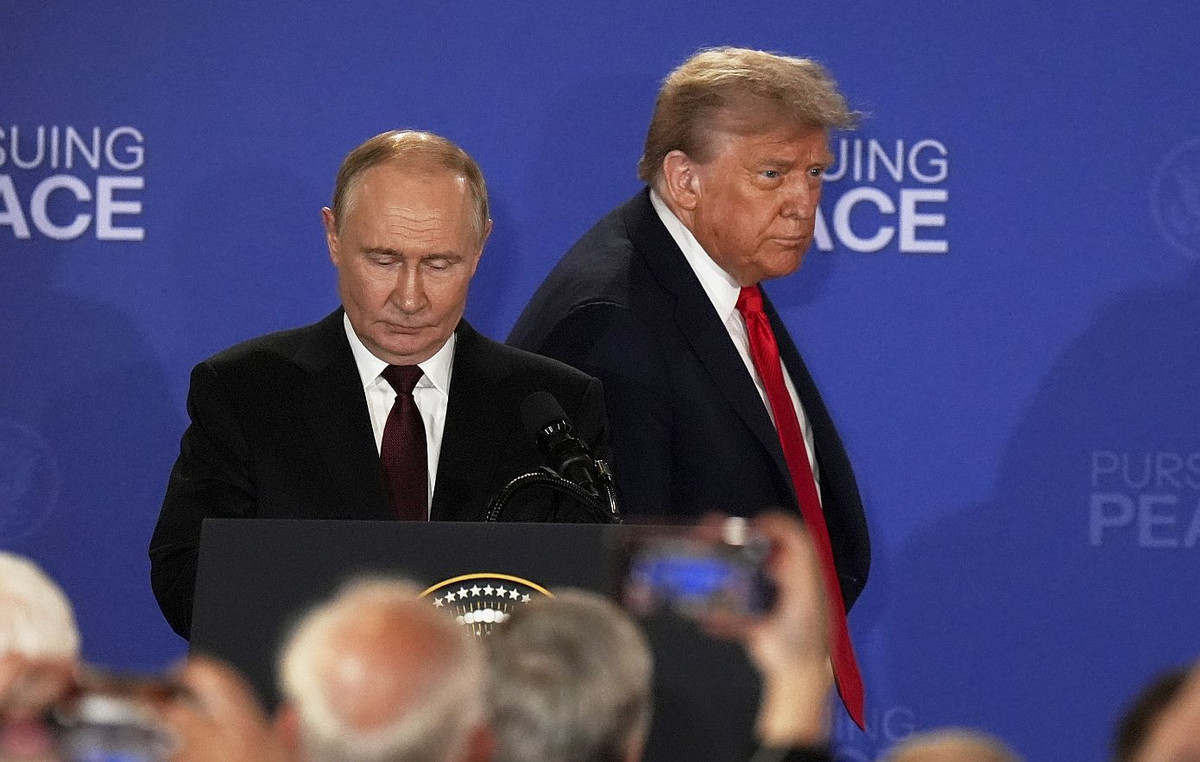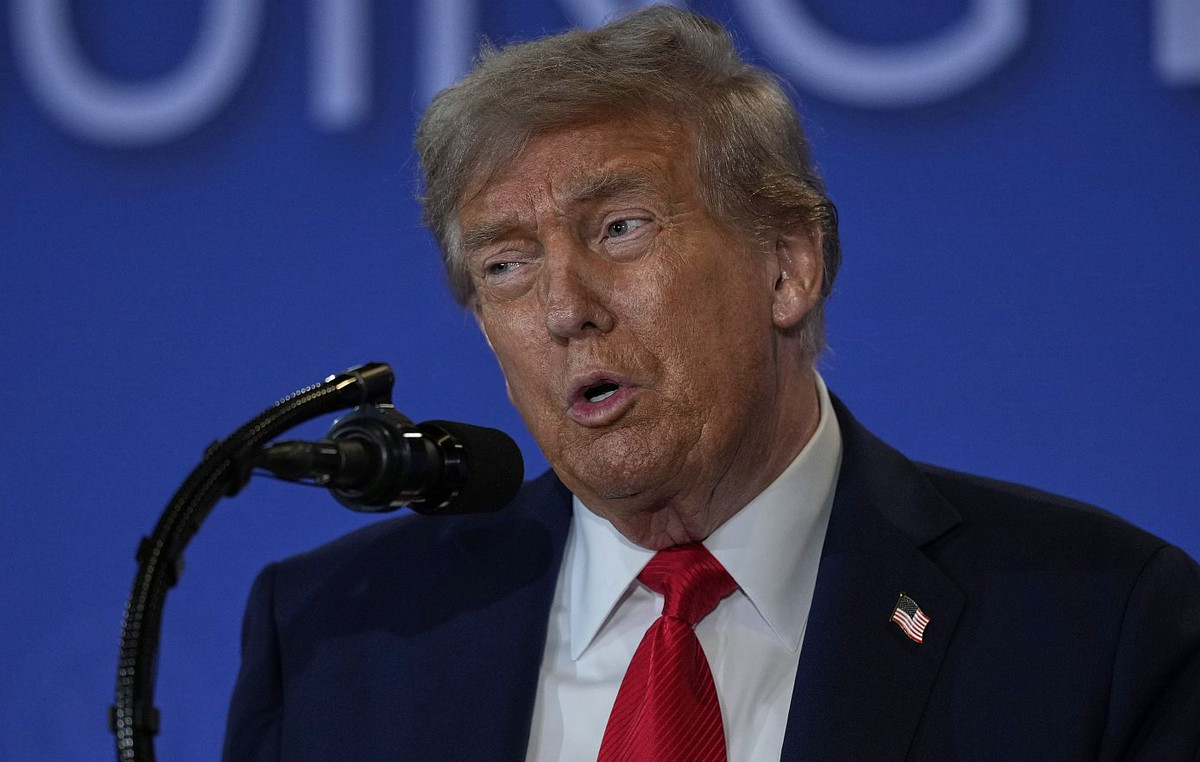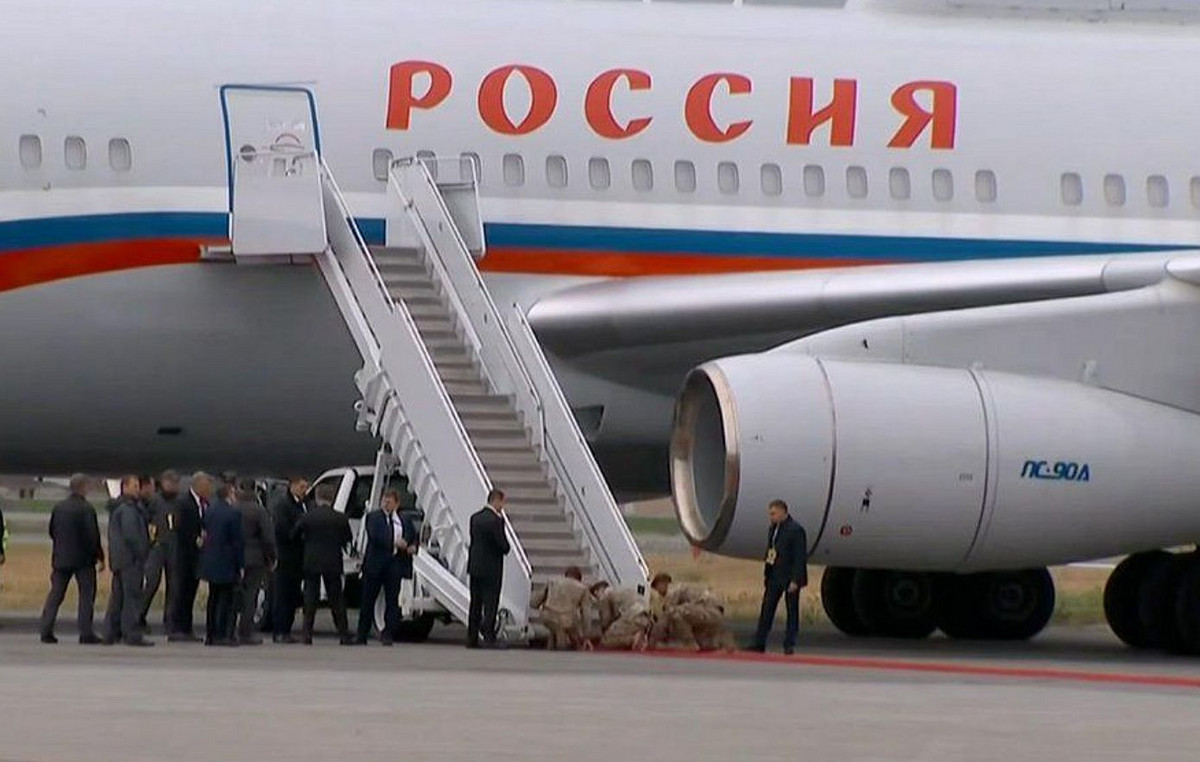China threatened this Friday (21) to impose the death penalty in extreme cases for “intransigent” Taiwan independence separatists, an increase in pressure, although Chinese courts have no jurisdiction on the democratically governed island.
China, which views Taiwan as its own territory, has made no secret of its dislike of President Lai Ching-te, who took office last month, saying he is a “separatist”, and has staged war games shortly after taking office. .
Taiwan has complained of a pattern of increased Chinese pressure since Lai won elections in January, including ongoing military actions, trade sanctions and coast guard patrols around islands controlled by Taiwan alongside China.
The new guidelines say China’s courts, prosecutors, public security and state organs should “severely punish Taiwan’s independence for dividing the country and inciting secession crimes in accordance with the law, and resolutely uphold national sovereignty, unity and territorial integrity,” according to Chinese state news agency Xinhua.
The guidelines are being issued in accordance with existing laws, including the 2005 anti-separation law, Xinhua said.
This law gives China the legal basis for military action against Taiwan if it secedes or is about to secede.
Sun Ping, an official with China’s Ministry of Public Security, told reporters in Beijing that the maximum penalty for the “crime of secession” was the death penalty.
“The sharp sword of legal action will always be high,” she said.
The Taiwan Mainland Affairs Council on Friday (21) criticized Beijing’s action, calling on its people not to feel threatened by China.
“Beijing authorities have absolutely no jurisdiction over Taiwan, and the so-called Chinese communist laws and regulations have no binding force on our people. The government calls on the people of our country to feel at ease and not be threatened or intimidated by the Chinese Communist Party,” it said in a statement.
The guidelines detail what is considered a crime worthy of punishment, including promoting Taiwan’s entry into international organizations where statehood is a condition, having “external official exchanges” and “suppressing” parties, groups and people who promote “reunification ”.
The guidelines add an additional clause to what could be considered a crime – “other acts that seek to separate Taiwan from China” – meaning the rules can be interpreted broadly.
Lai has repeatedly offered to hold talks with China but has been rebuffed. He says only the people of Taiwan can decide their future.
China has taken legal action against Taiwanese officials before, including imposing sanctions on Hsiao Bi-Khim, Taiwan’s former de facto ambassador to the United States and now the island’s vice president.
Such punishments have little practical effect as Chinese courts have no jurisdiction in Taiwan, whose government rejects Beijing’s sovereignty claims.
Senior Taiwanese officials, including its president, also do not visit China.
Source: CNN Brasil
Bruce Belcher is a seasoned author with over 5 years of experience in world news. He writes for online news websites and provides in-depth analysis on the world stock market. Bruce is known for his insightful perspectives and commitment to keeping the public informed.







